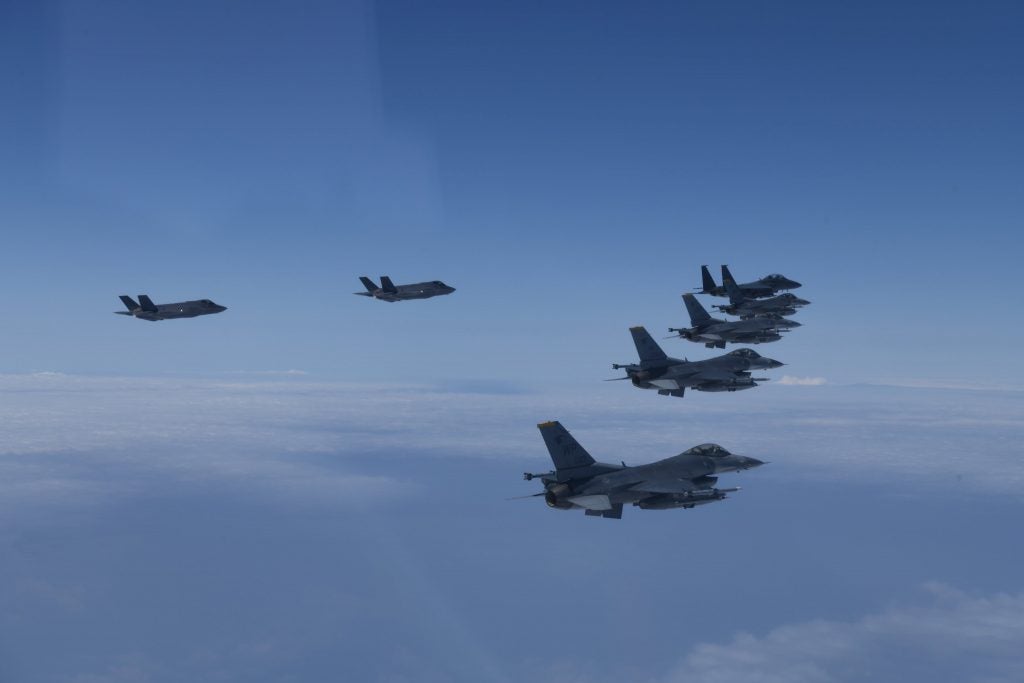Pacific Region Gears Up For Possible Nuclear Test Amid Build-Up of Diplomatic and Military Tension
The Korean Peninsula and surrounding region have increasingly become a hotbed of tension and diplomatic posturing in wake of repeated missile tests by the DPRK led by Kim Jong-Un. In May and June, the North Koreans have continued to conduct military exercises with their myriad missile systems. These tests in turn have been met by both strong diplomatic and military responses by South Korea and the United States with both foreign ministries promising a strong response to concerns and predictions that the Kim regime will possibly conduct a new 7th nuclear weapons test. In conjunction with unilateral sanctions that were leveled at individuals that the United States claims were facilitating the development and export of North Korea’s weapon systems. These efforts were then stimulated by the veto of both China and Russia in the United Nations at the end of May.
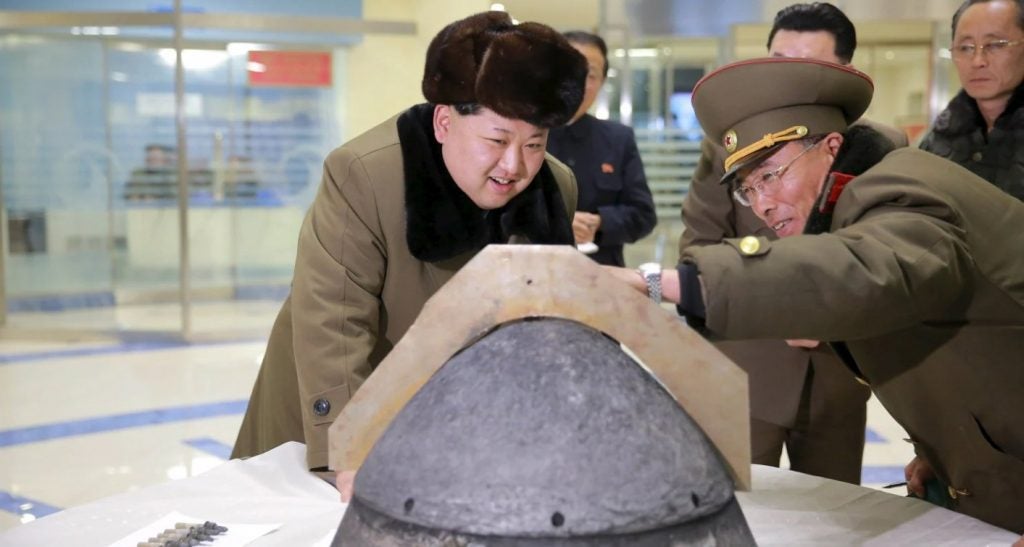
In terms of the military side of things joint US-ROK forces have been conducting several reactionary military exercises which have seen large MLRS live firings taking place and ROK forces conducting large-scale flight operations in response to the recent North Korea missile tests, The joint air exercise took place on 7 June, during which 20 fighter jets of the US and ROK air forces took part. The joint exercise included 16 of South Korea’s F-35A, F-15K, and KF-16 planes, and four U.S. Air Force F-16 aircraft gathered to provide an overwhelming response to North Korean aggression.
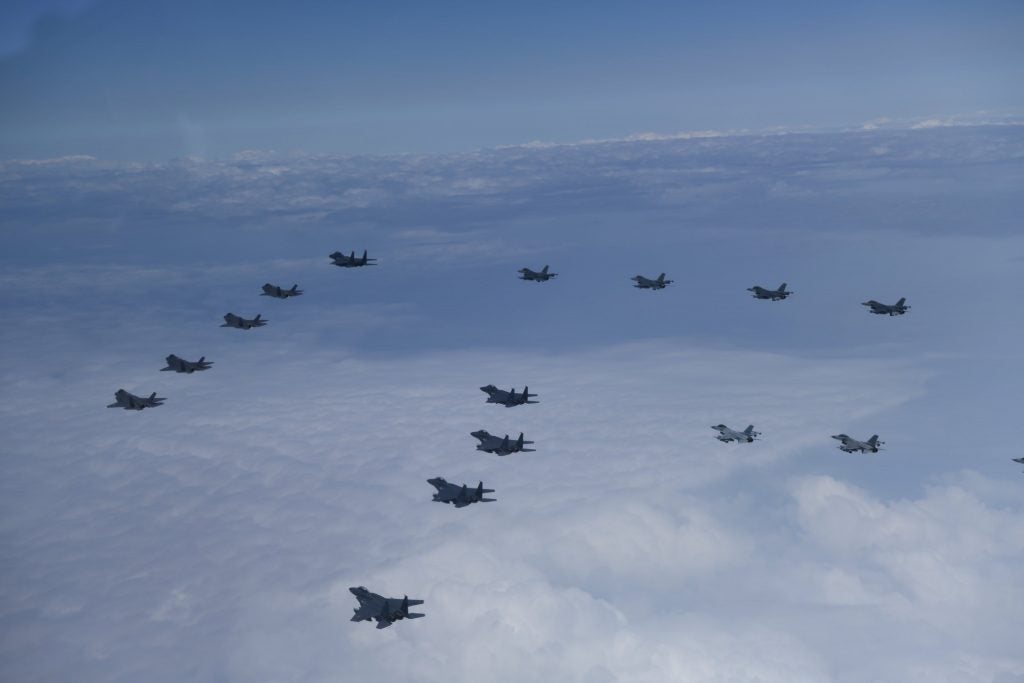
On the diplomatic front, there have been several developments with both the North Korean and U.S/ROK issuing major statements in relation to reports that the North Korean regime has been and is preparing to conduct a new nuclear test. The U.S Deputy Secretary of State stated the U.S and her allies are ready and that there “would be a swift and forceful response to such a test” during a joint meeting with her South Korean counterpart on the 7 June. She did not elaborate in precise terms on what exactly these responses could be.
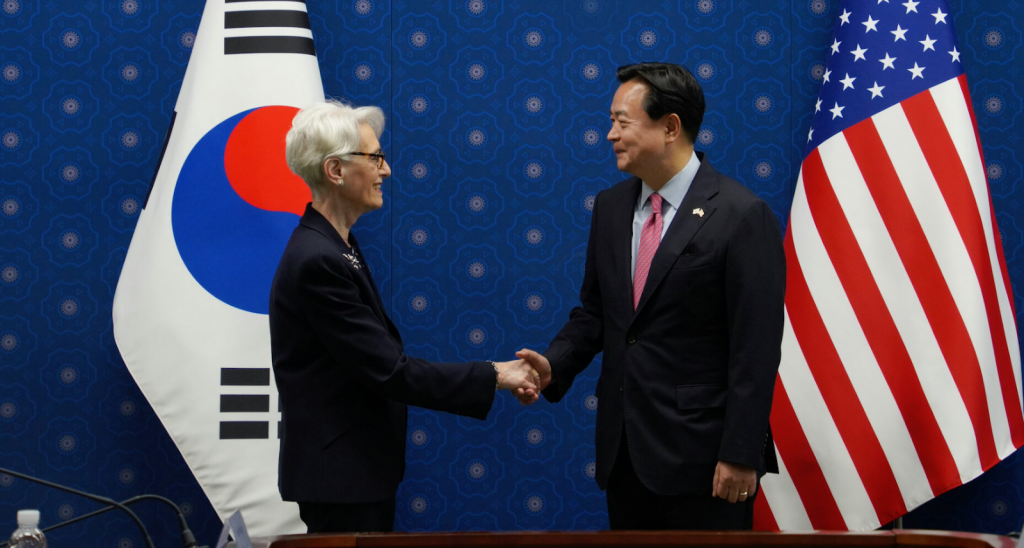
On 14 June, the South Korean foreign minister Park Jin stated that the North Koreans are able to conduct a new missile test at any time and the only thing that is left is the “political decision” from the supreme leader to conduct another test. This revelation was made during a meeting with the U.S. Secretary of State Antony Blinken who went to commit to the U.S-ROK partnership promising U.S support in light of recent North Korean missile exercises with threats of sanctions. The South Korean foreign ministry for their part announced that if the North Koreans carry out their much anticipated nuclear test the South Koreans will enact unilateral sanctions much as the United States did in reaction to the DRPK’s missile tests. These efforts would go on to strangle an already struggling North Korean economy dealing with stifled growth due to the spread of COVID-19 in China and within North Korea itself. Which would in turn lead to a North Korean regime that would feel further isolated. In the past North Korea has used these escalations as a way to force concessions from South Korea or the United States. However, a new conservative South Korean president in office has only met provocations with greater cooperation with allies, military exercises, and unilateral sanctions.
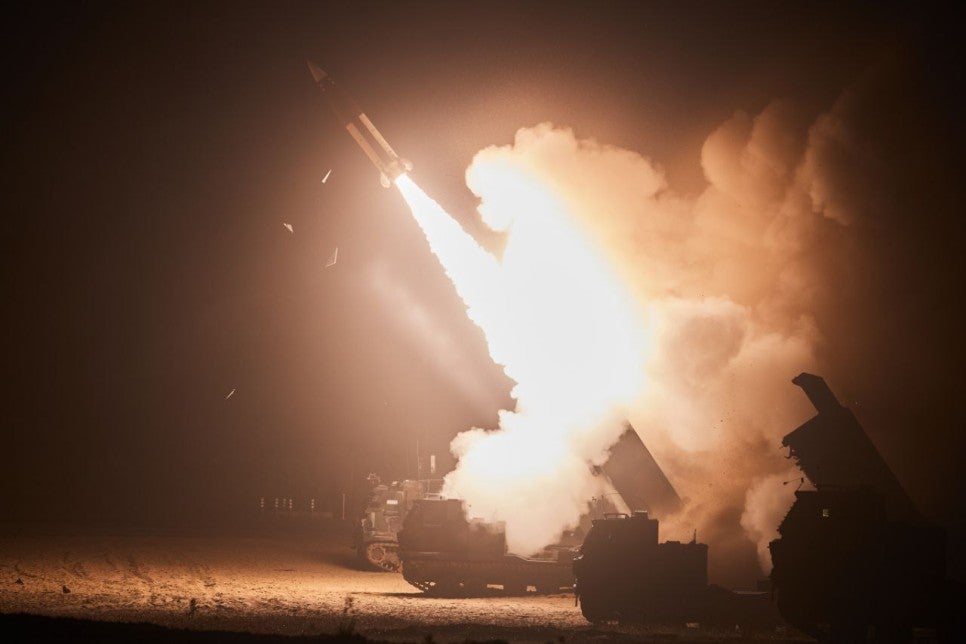
Kim Jong-Un in his part in the Eighth WPK Central Committee stated that the North Korean regime’s self-defense principle is based on a head-on confrontation and the “fighting principle of power for power and head-on contest.” As well as expanding the efforts of the national defense research sector. The potential threat of a nuclear test leads to a major development in the region as well as a means to reorient international attention to the North Korean regime. Which would in turn try and force concessions of one kind or another. But these efforts would mostly lead to increased sanctions and greater military cooperation with U.S allies in the region such as Japan and South Korea. This could also provide a dilemma for Russia and China as they have already stated their intentions by blocking US efforts on sanctioning individuals associated with the North Korean missile program. With an intensified rivalry between the United States and her allies with an increasingly isolated Russia, involved with heavy fighting in eastern Ukraine at the time of writing, neither China nor Russia’s leadership can afford to have an unstable Korea on their borders. They may see their best course of action to be to continue to stay silent and block diplomatic attempts to enforce and enact new sanctions on North Korea.
While the temptation to embark on a new nuclear test remains, Kim Jong-Un may find that the high costs outweigh the benefits. To external audiences the logic behind a test seems shaky with the consequences and fallout of such an endeavor inevitably leading to a heavy diplomatic and economic price.
The opinions expressed in this editorial are those of the author and may not necessarily reflect the opinions or views of Overt Defense

